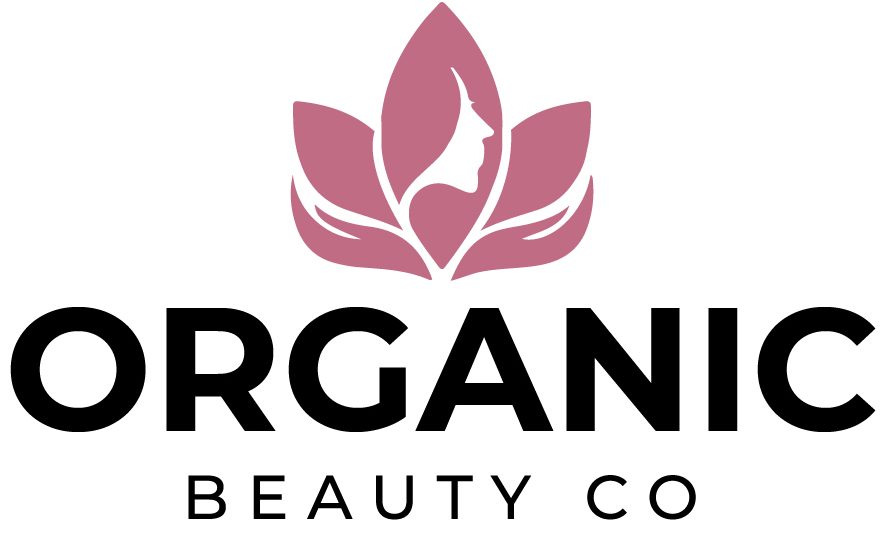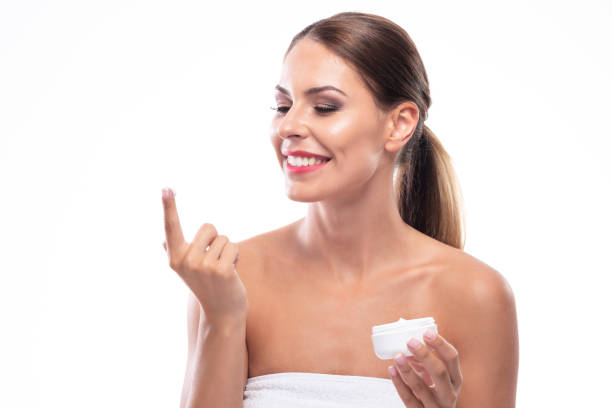Moisturizer is a product that has been a staple in many of our cabinets. The truth is that not many people know what moisturizers do and why they are important for skin care. Here, I will answer six of your most frequently asked questions regarding moisturizers. This includes how to choose the right one.
Do I need to moisturize my skin?
Most patients ask me in my dermatology office, “Do I need a moisturizing product?” The answer for the vast majority is yes. Although your body is equipped with a natural lubricating system, which consists of glands that produce oil (or sebum) to protect against infections and harsh conditions, many of us still need additional hydration.
Some people are genetically incapable of keeping the upper layer intact and lack the lipids necessary to seal in moisture. Certain medications, such as cholesterol-lowering drugs and isotretinoin, can affect the skin’s capacity to maintain adequate hydration. You may benefit from using a moisturizer every day if you are one of these people.
What if my skin is oily?
People with oily or normal skin who are not exposed to harsh external conditions and products but can produce enough sebum to protect the skin do not necessarily need added moisture. People with normal or oily skin who are not exposed to harsh conditions and products and produce enough sebum for the skin to protect itself do not need additional moisture. They are better off investing their money in an anti-oxidant serum.
What are the differences between different moisturizers?
There are three types of moisturizers – humectants emollients, and occlusives. Humectants pull water into the upper layer of skin while emollients fill in the cracks to give a soft, smooth complexion. Occlusives create a protective layer that is thicker to stop water loss. In most facial moisturizers, emollients and humectants work together, but occlusives can be more effective on parts of the skin that are thicker, like hands, feet, and elbows.
What should I be looking for in a moisturiser?
Look for the key ingredients when choosing a moisturiser. Popular humectants include glycerin or glycerol, hyaluronic acids, propylene glycol, urea, and sorbitol. Alpha-hydroxy acids, such as glycolic acid and lactic acid, also make up the list. Alpha hydroxy acid and urea, in high concentrations, soften the outer skin layer, leading to exfoliation. Emollients include lanolins, mineral oils, ceramides and dimethicone. Coconut oil is also a common emollient. Shea butter, paraffin, petrolatum and beeswax are all occlusives.
What is the best moisturizer for my skin type?
If you have sensitive skin, stick with products that contain glycerin. Other ingredients may cause a burning sensation when applied to irritated or inflamed skin. Avoid occlusives on areas prone to acne.
Look for creams and lotions that are oil-based if you tend to dry skin. Dry-skinned people should avoid any moisturizers that contain alcohol or fragrances, as these can exacerbate the problem. Lightweight gels and serums work best for oily skin or acne-prone.

